[ad_1]
By March 2023, Alibaba had misplaced three quarters of its worth from the height in October 2020, because the e-commerce large, as soon as seen as China’s reply to Amazon.com, faces questions on whether or not it could recapture its former glory whereas coping with China’s financial slowdown, regulatory scrutiny and fierce competitors from previous and new rivals.
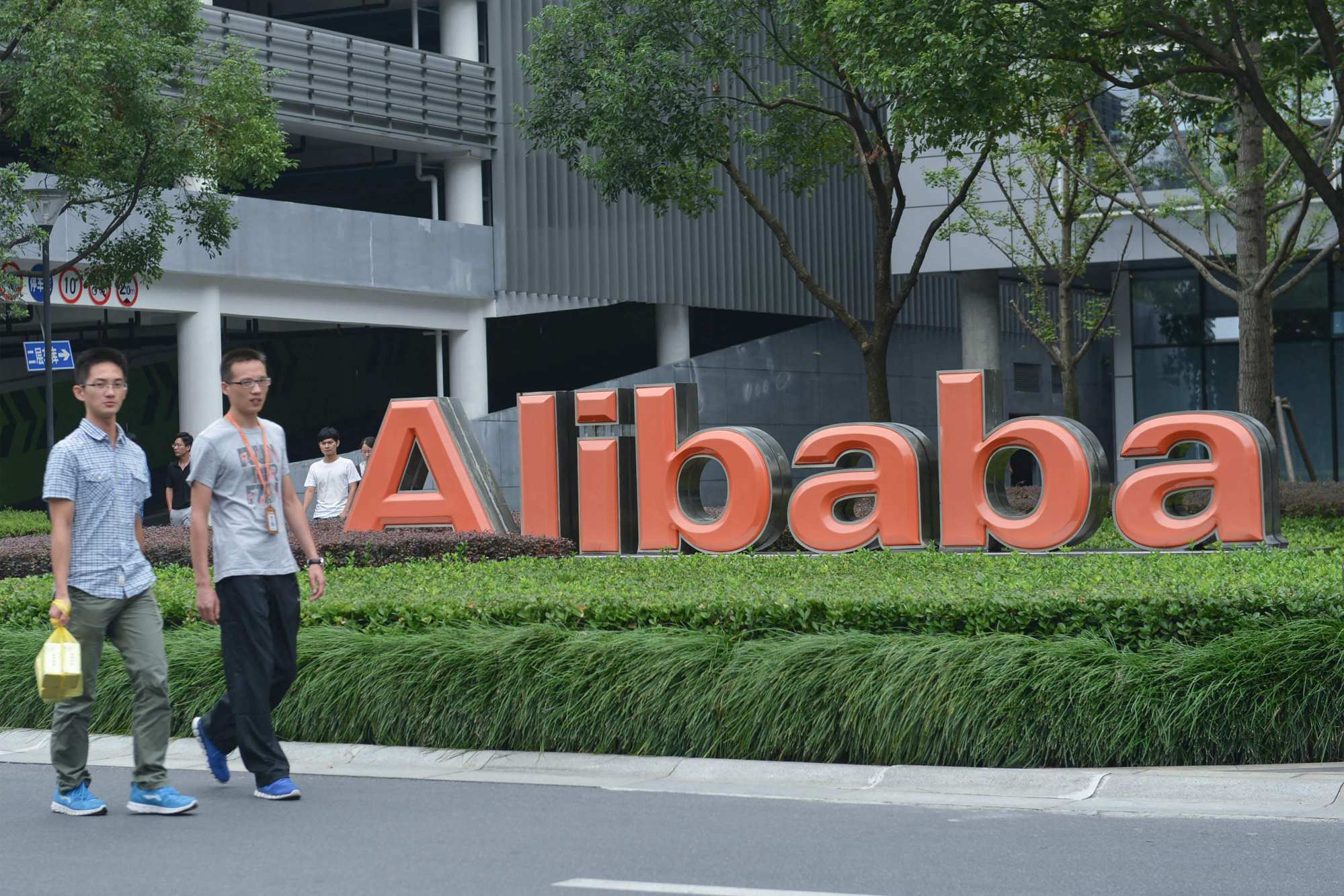
Ma, who now not holds any administration position however has turn into Alibaba’s largest shareholder after early investor SoftBank cashed out its stake, wrote a uncommon lengthy memo to Alibaba staff this week, endorsing the adjustments made by Tsai and Wu and urging staff to embrace innovation.
“We made numerous errors prior to now 25 years, and we are going to [continue to] make errors within the subsequent 77 years”, wrote Ma. “To face issues is to not deny the previous, however to responsibly discover the best way to the longer term.”
In a podcast interview with Norges Financial institution Funding Administration’s CEO Nicolai Tangen final week, Tsai additionally mentioned the group has made “errors”.
“We’ve got fallen behind as a result of we forgot who our actual clients are,” Tsai mentioned. “Our clients are the customers who use our apps [for] purchasing, and we didn’t give them the very best expertise. In a method, we stepped on our personal foot and didn’t give attention to the place we will add worth.”

In response to folks with data of the matter, Alibaba’s founders have been jolted into soul looking out after the corporate’s market cap was briefly eclipsed by PDD Holdings, although the net funds retailer’s payroll was only a fraction of Alibaba’s.
At the moment, PDD ’s market cap briefly overtook Alibaba’s, reaching US$192 billion on the Nasdaq, whereas Alibaba fell under US$190 billion.
As of final quarter, Pinduoduo had roughly 623 million month-to-month lively customers, whereas Alibaba’s Taobao had round 892 million, in keeping with Statista.

Along with impressing traders, PDD has additionally proved standard amongst shoppers for the enticing pricing of its merchandise. “Alibaba realised that its bread-and-butter enterprise was below critical menace,” in keeping with a supply who was briefed on inner discussions.
“Alibaba didn’t have a strong monitor document below the earlier management of Daniel Zhang,” mentioned Chelsey Tam, a senior analyst at Morningstar. “For instance, the agency wasn’t capable of stop PDD Holdings from overtaking Taobao and Tmall Group as the most important Chinese language e-commerce platform by annual clients transacting on a platform.”
“Confronted with competitors from Pinduoduo and Douyin, Eddie Wu got here [to Alibaba’s senior leadership] to do one factor, which is to stabilise the primary enterprise,” mentioned Li Chengdong, head of web trade suppose tank Dolphin.
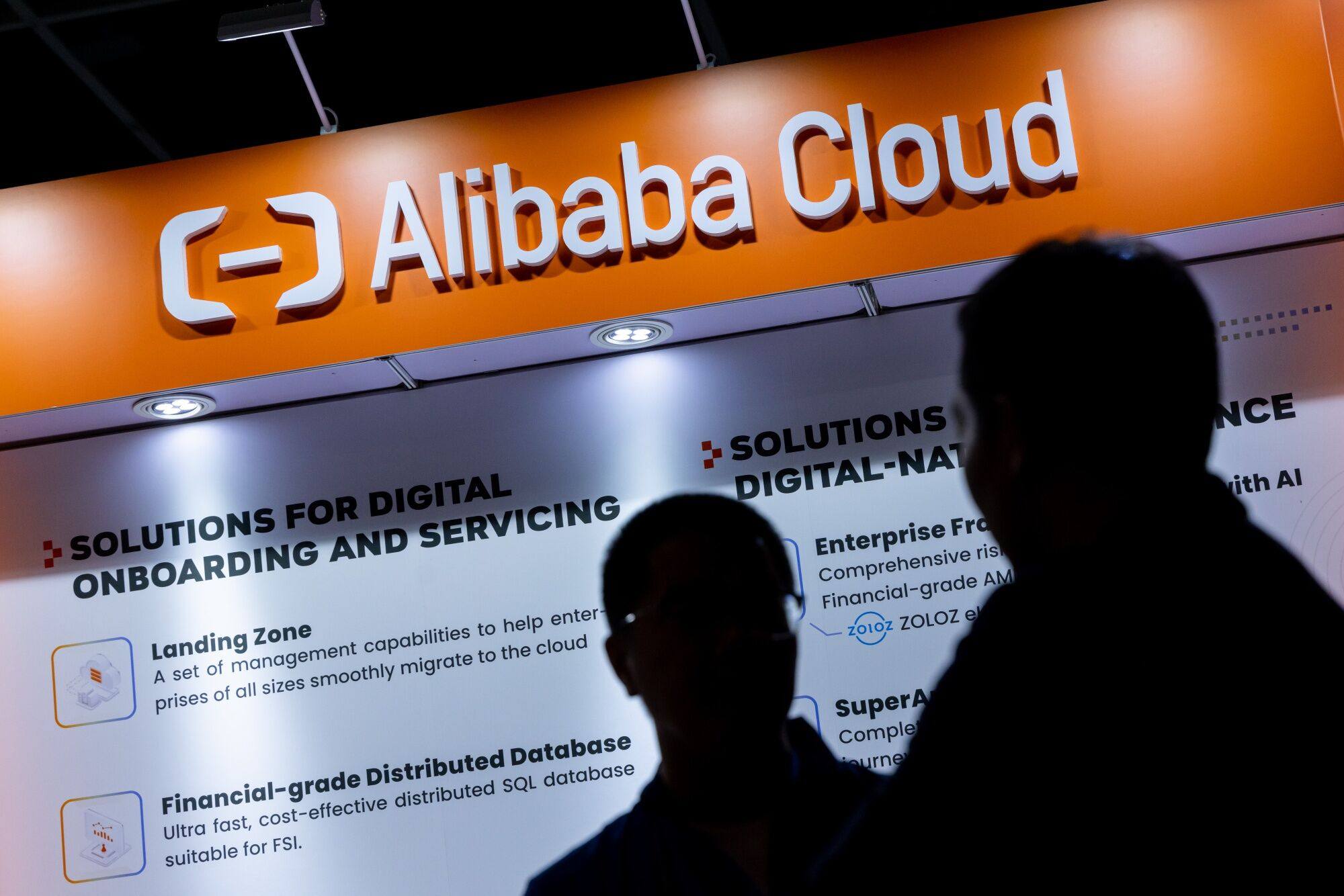
Regardless of the efforts, extra must be performed, as Chinese language corporations are “presumably two years behind” their US friends in AI growth, Tsai mentioned within the Norges Financial institution interview.

The shift in its restructuring technique displays Alibaba’s “means of readjustment after [a period of] trial and error”, mentioned Chen Duan, director of the Digital Financial system Integration Innovation Growth Centre on the Central College of Finance and Economics in Beijing. “This not solely entails a change in enterprise ecology, however extra importantly, the inner administration construction and incentive system.”
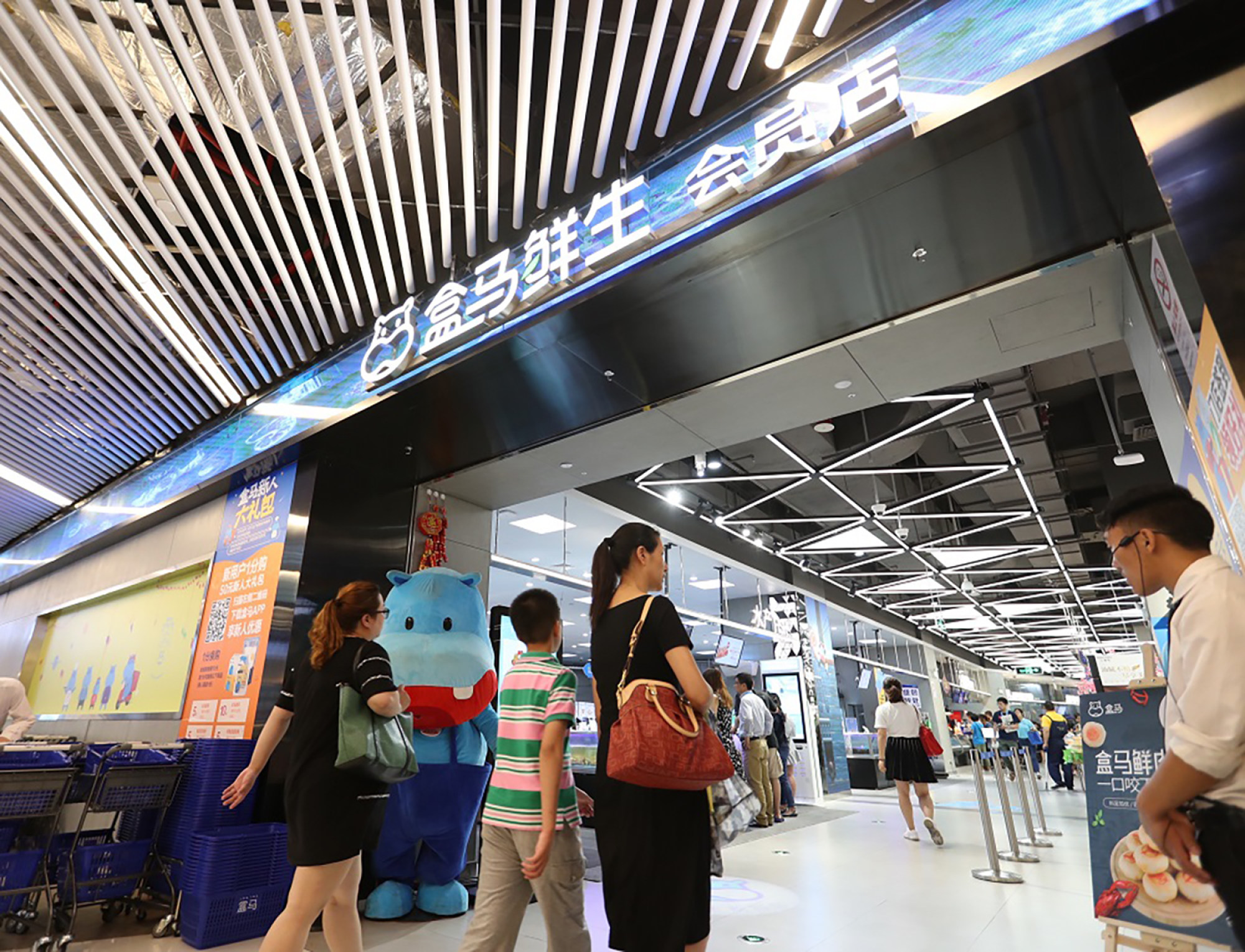
“Alibaba expanded quite a bit in offline retailing and paid quite a bit for these companies over the previous years,” Dolphin’s Li mentioned. “Now they’ve turn into a burden.” He indicated, nevertheless, that divesting such property might lead to short-term strain on the corporate’s earnings.

As a weak shopper sentiment lingers in its dwelling market, Alibaba has boosted its efforts to increase e-commerce operations abroad.
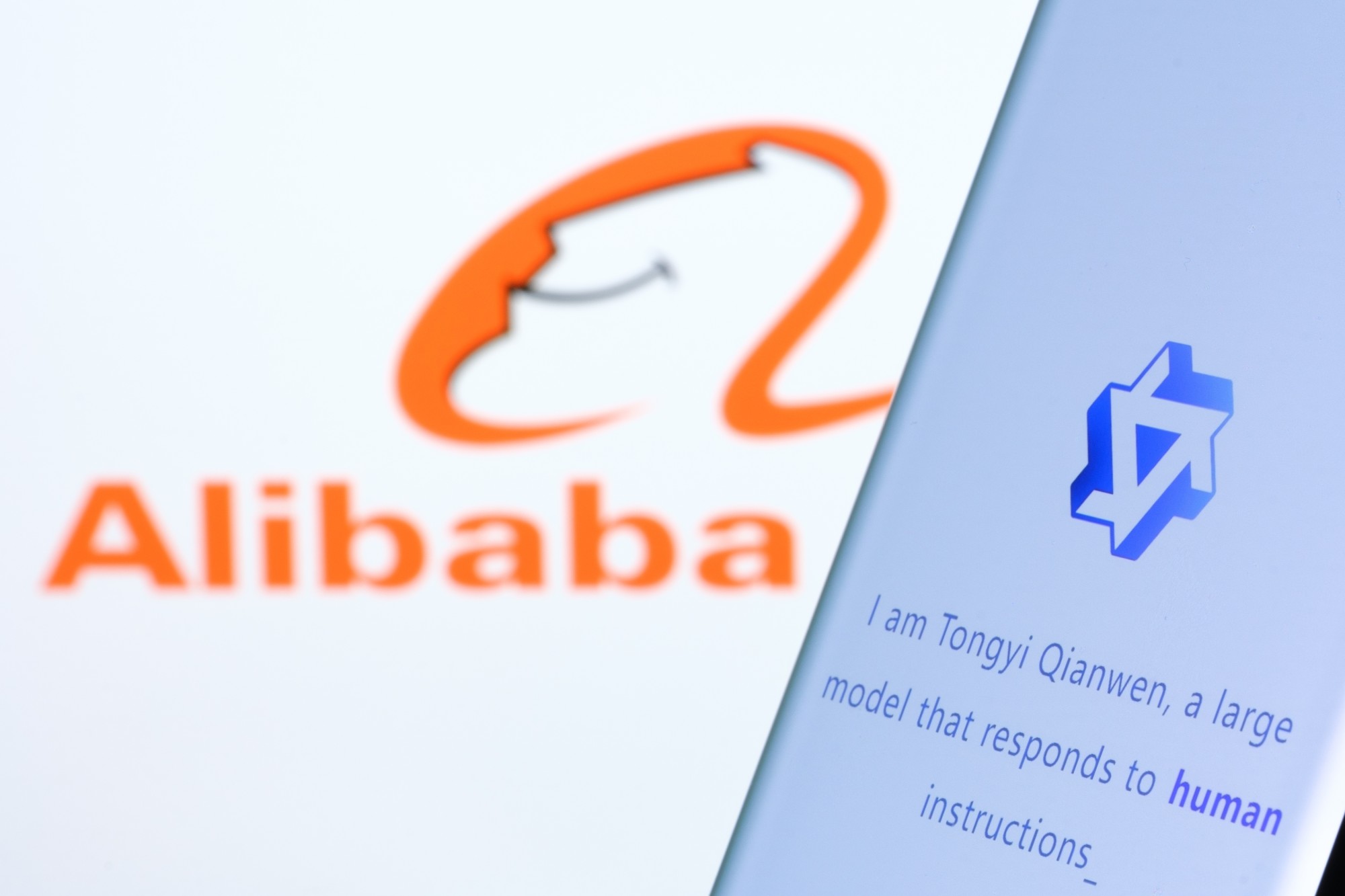
Within the quarter ended December 31, the robust efficiency of AliExpress lifted income at Alibaba’s Worldwide Digital Commerce Group by 44 per cent to twenty-eight.52 billion yuan. AliExpress delivered year-on-year order development of greater than 60 per cent.
Past elevated competitors from the likes of Temu and Shein, escalating geopolitical tensions between Washington and Beijing have additionally posed a problem to Alibaba in increasing its abroad operations, particularly within the US.
“Simply usually being a Chinese language firm within the US, we now have to be very cautious,” Tsai mentioned within the podcast interview.
“For instance we don’t have a lot of a consumer-facing enterprise in america due to considerations about information privateness, cybersecurity and issues like that,” he mentioned. “These are a number of the points that we should navigate sooner or later.”

“For such a big ecosystem, there are such a lot of issues that may have an effect on the entire group, whether or not it’s a change in construction, personnel or merchandise,” mentioned Chen from the Central College of Finance and Economics.
Ma, who retired as Alibaba’s chairman in 2019, purchased about US$50 million of shares in that quarter, which raised his stake past the 4.3 per cent reported on the finish of 2021. It marked the primary time in practically 25 years {that a} Chinese language investor owns the most important stake in Alibaba.
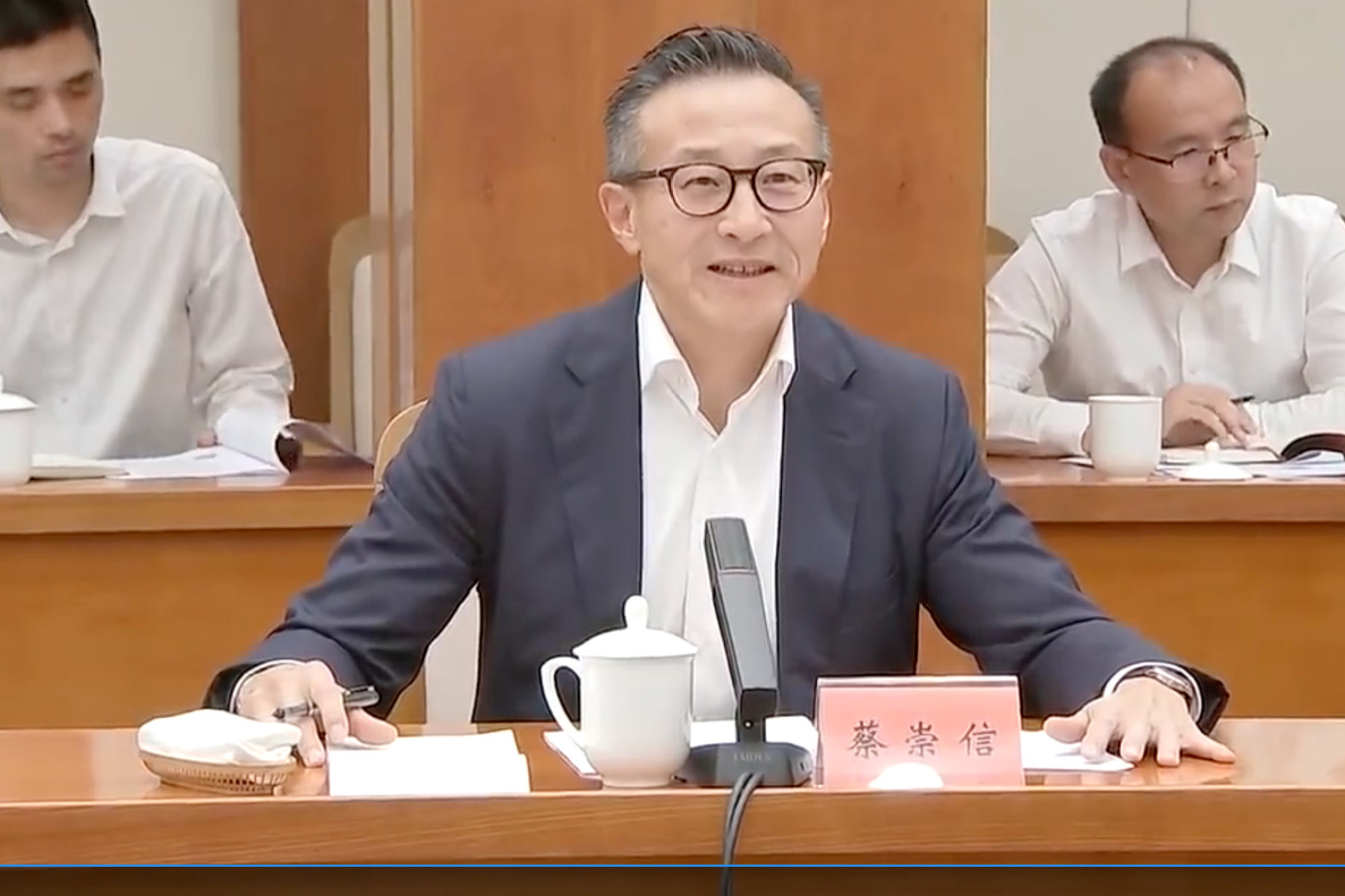
“Now with the restructuring and with the brand new administration in place, we really feel much more assured in inserting as one of many high e-commerce gamers in China,” Tsai informed US enterprise information channel CNBC in February. “The place we didn’t really feel as assured as earlier than, we felt the aggressive strain, however now we’re again.”
[ad_2]
Source link

